Ecumenical Patriarch Bartholomew I of Constantinople praised on Friday the way in which "the daughter Church of Romania gratefully celebrates its institutional formation" through a string of events dedicated to the anniversary of 140 years of autocephaly, but criticized what he called "deviations from the holy traditions" observed in some Autocephalous Orthodox Churches and "attempts to ignore the distinct position of the Mother Church".
"The reason for this visit is the commemoration of two decisive events for the course of church affairs in this place and for their subsequent development. The first is the granting, by the Holy and Great Church of Christ from Us, in Constantinople, of the so-called internal autocephalous status 140 years ago, to our church dioceses within the borders of Romania. The second is the fitting adornment of this chosen Church, after forty years, with the honorary title of Patriarchate. Pronoucements sealed by the honorable signatures of our ever-memorable predecessors, Patriarchs Joachim IV and Basil III. Truly, brothers and sons beloved in the Lord, these events are worthy of commemoration and honor on both sides," the Ecumenical Patriarch Bartholomew I told the solemn reception at the Patriarchal Cathedral in Bucharest.
The Primate of the Eastern Orthodox Church thus referred to the historical moments celebrated by the Romanian Orthodox Church, which marks this year 140 years of autocephaly recognized by the Ecumenical Patriarchate and a century since acquiring the status of Patriarchate, through an attitude that he termed as "worthy of praise".
"We rejoice that the daughter Church of Romania celebrates with gratitude its institutional formation through these holy anniversaries that have been spoken of. We pride in the Lord, with joyful hearts, that throughout this time it has honored the expectations of the Mother Church, fulfilling and guarding the terms and conditions under which these were bestowed to it. We express, at this solemn moment, the joy of the Mother Church, as well as ours personally, for the steadfastness of Your Beatitude in ecclesiological truth. We rejoice and praise the fact that the so-called theological turmoil, which would have desired a shift of Orthodox ecclesiology towards a cooperative vision, did not take root, a vision that would have had disastrous consequences for the entire Church of Christ. We thank you from the depths of our hearts. "We extend our heartfelt thanks for the warm welcome and we bless the faithful people of Romania for their steadfast piety and devotion to the Great Church," Patriarch Bartholomew I said.
His All-Holiness highlighted "the great danger that threatens the pan-Orthodox body: the departure, out of a spirit of self-sufficiency, from healthy ecclesiology," "the twists and deviations from the holy traditions observed in some Autocephalous Orthodox Churches, and the attempts to ignore the distinct position of the Mother Church," which "have already become evident."
"The autocephalous church units, as they were formed from historical circumstances, after much thought, study and prayer on the part of the common Mother of the Orthodox, the Church of Constantinople, and of the Archbishops and Ecumenical Patriarchs throughout time, are not static administrative entities - by the model of state structures, but dynamic manifestations of the new life in Christ in the earthly world. Unfortunately, the division of the indivisible church structure is often misunderstood and interpreted by many according to the principles mentioned above, as a state of absolute independence and self-existence. On the contrary, autocephaly does not serve division, but unity alone. The autocephalous churches are not a confederation of equal partners, but a unique and unitary Eucharistic communion, that is, a communion of identity and hierarchical intercommunion. The Church from the very beginning was structured hierarchically and, although it is charismatic in nature, it remains to the same extent linked to its institutional dimension," the Ecumenical Patriarch pointed out.
Patriarch Bartholomew I emphasized that "it is not admissible to openly proclaim that the canonical system of the Church is outdated and that the Great Church no longer has indisputable responsibility and obligatory care for the state of the other Churches".
"Those who despise these realities forget that they can only express and write such things thanks to the patience, kindness, love and indulgence of their Mother, who sacrifices herself constantly. Institutionally formulated pastoral independences do not mean separation from the ever-nourishing body of the Great Church. And the concept of this liberation should not be confused with its homonym, which belongs to and is interpreted in the political-social framework. Ecclesiastical self-determination implies greater responsibilities, both for the liberated Church and for the Church that liberates it. It presupposes diligence, love, care, concern and unceasing protection on the part of the Mother for the journey of her daughter, sometimes even through education. i.e., rebuke, guidance and call to the right path," His All-Holiness Bartholomew I also said.
Ecumenical Patriarch Bartholomew I of Constantinople arrived in Bucharest on Friday to officiate on Sunday, together with Patriarch Daniel of the Romanian Orthodox Church, the service for the consecration of the Byzantine mosaic iconography of the National Cathedral.
According to the Basilica Agency of the Romanian Patriarchate, on Friday evening, His All-Holiness Bartholomew I will participate in a dinner offered by the Greek Embassy in Bucharest, and on Saturday he will visit the "Dimitrie Cantemir" Christian University in the capital, where he will receive the title of Doctor Honoris Causa of the higher education institution.

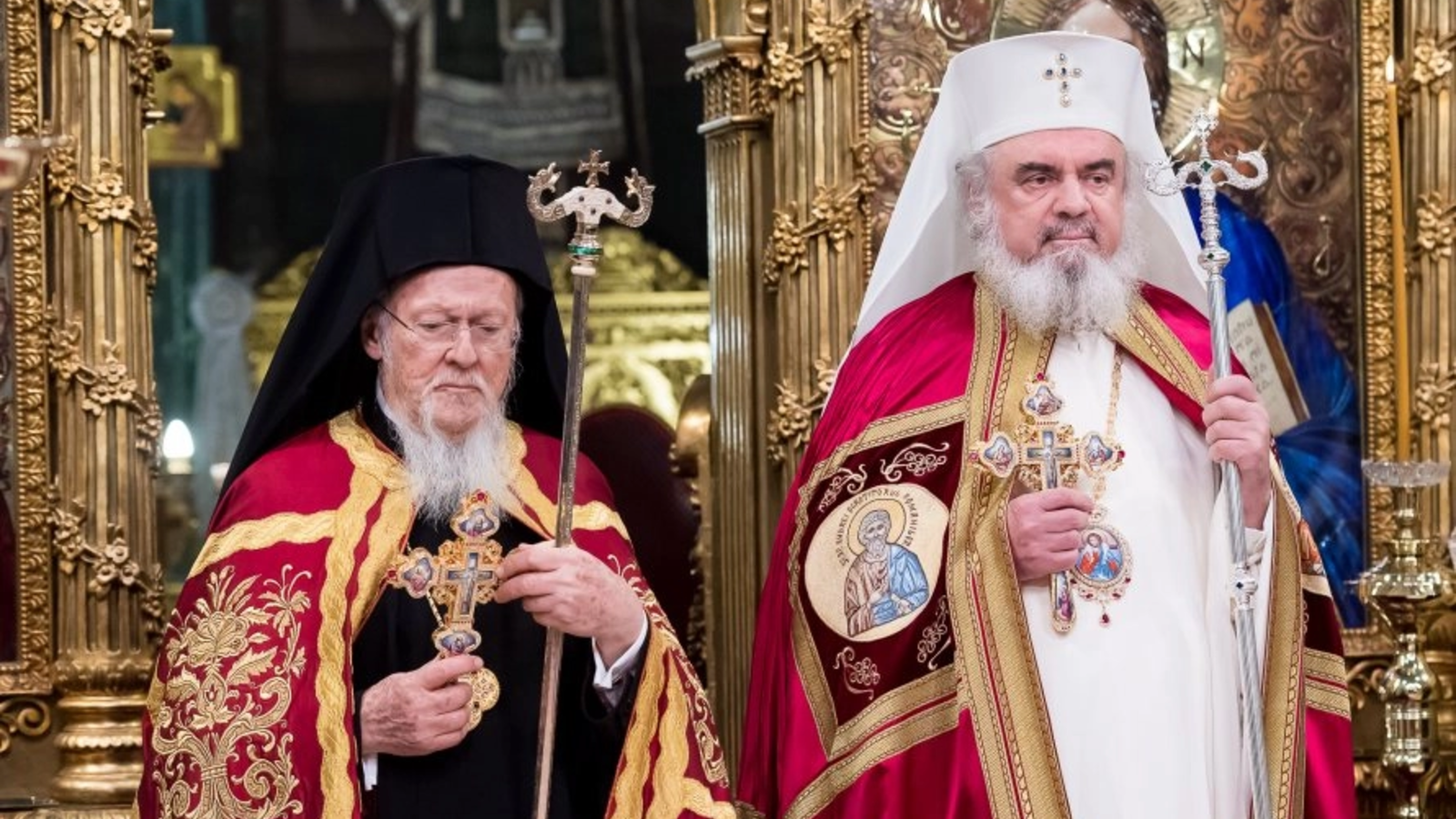
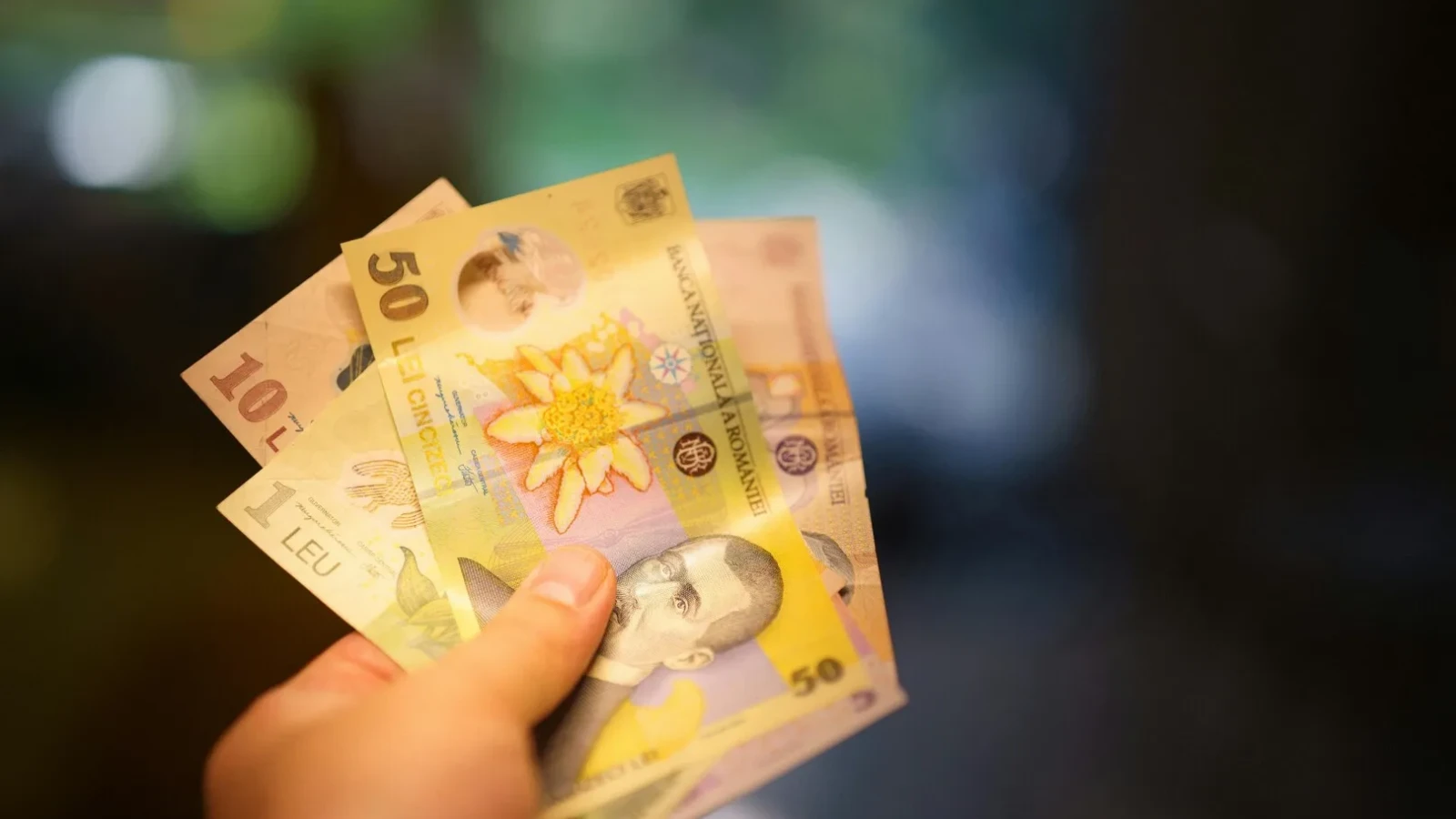
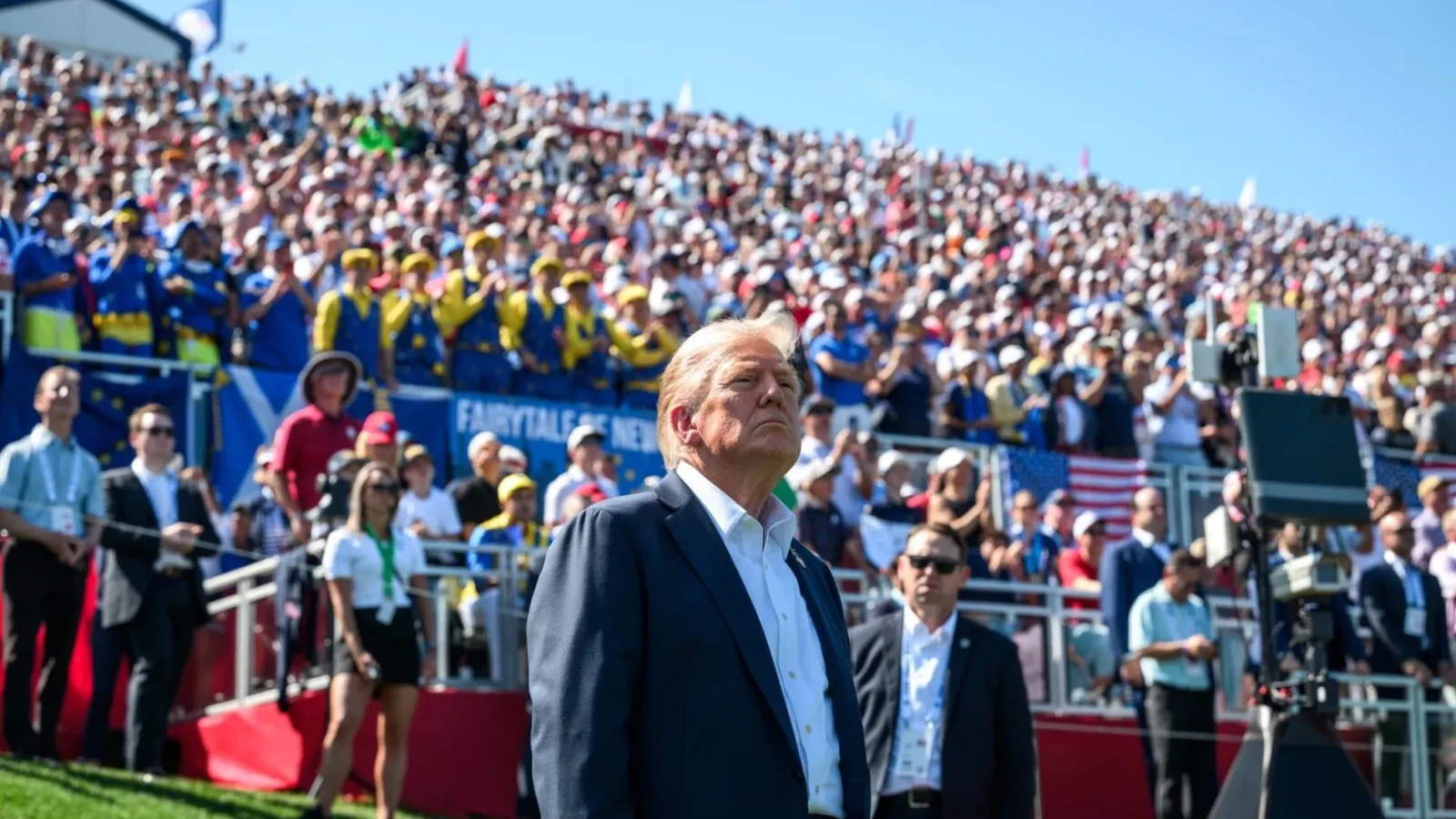

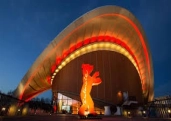


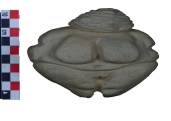


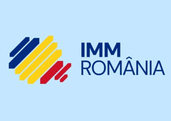
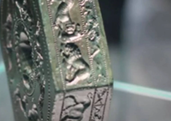
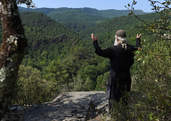
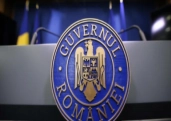

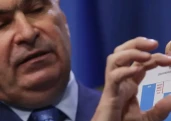
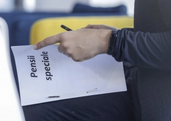


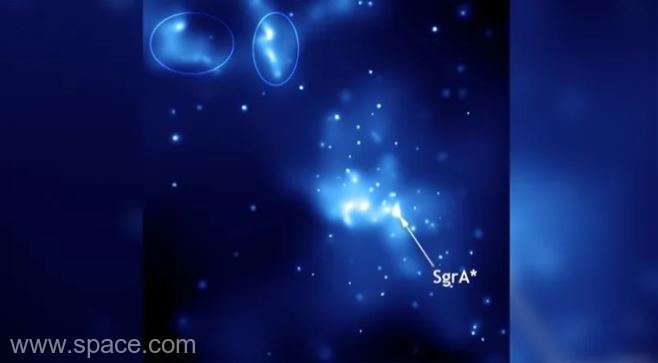

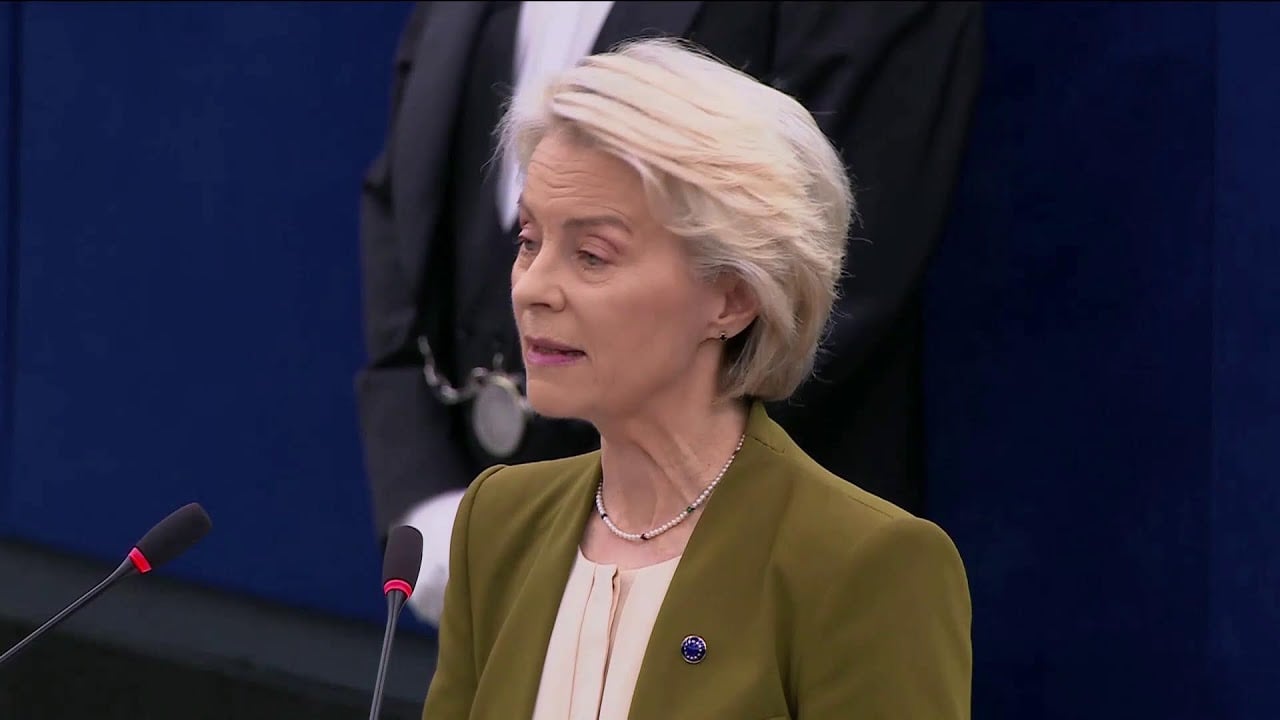
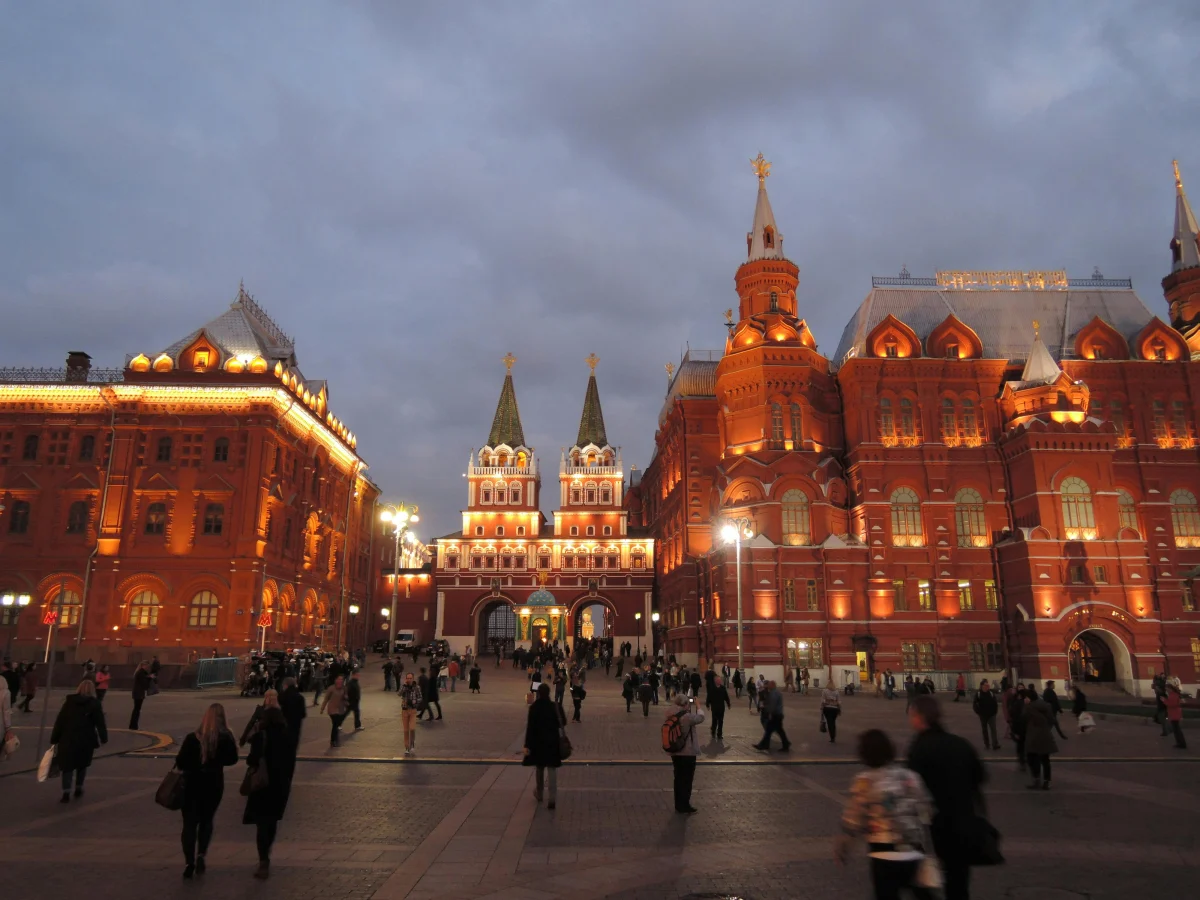
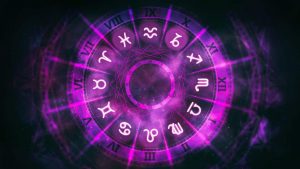



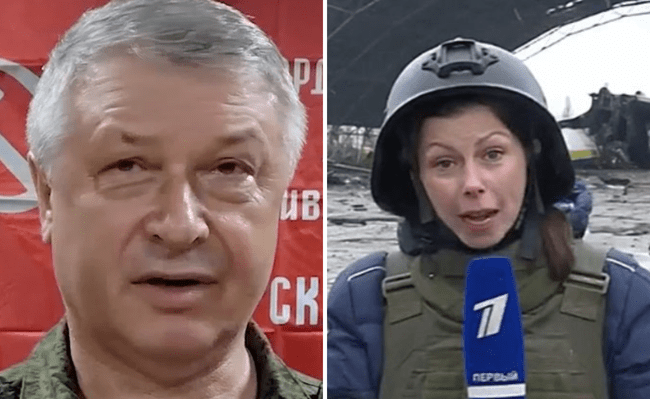
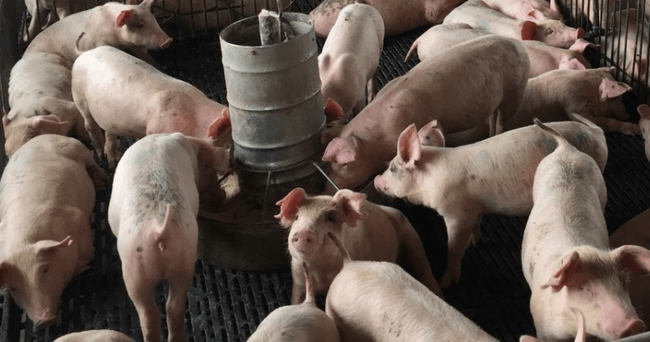


Comentează